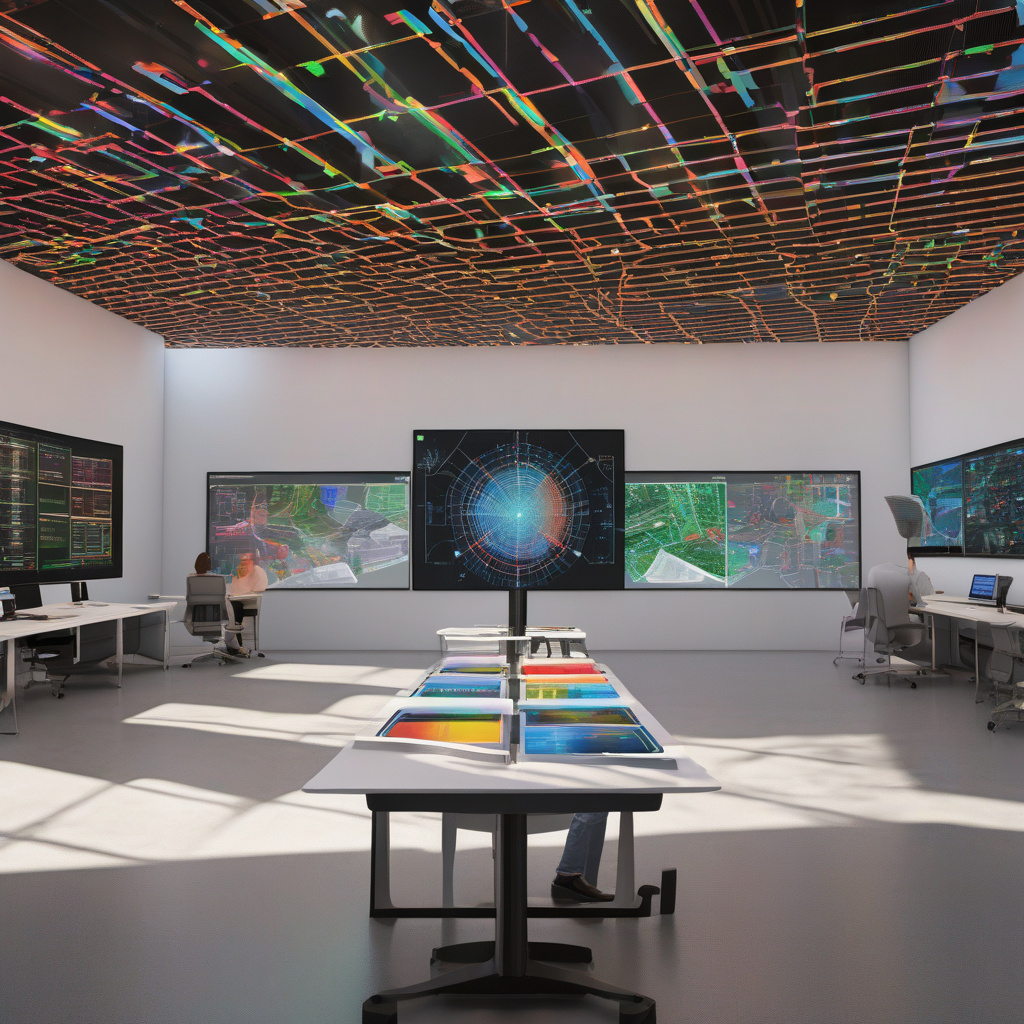Google and Nvidia Lead the Way in AI Patents
When it comes to artificial intelligence (AI) patents, two tech giants are clearly at the forefront: Google and Nvidia. The race for dominance in AI technology has been heating up in recent years, with companies vying to secure their positions as leaders in this ever-evolving field. And according to recent data, Google and Nvidia have emerged as the frontrunners, leaving behind once-dominant players like IBM and Microsoft.
In the realm of AI patents, there are two key categories that companies are focusing on: generative AI and agentic AI. Generative AI refers to AI systems that can create new content, such as images, text, or music, while agentic AI involves systems that can act autonomously and make decisions on their own. These two categories represent the cutting edge of AI innovation, and companies that excel in these areas are likely to shape the future of technology.
In the past, companies like IBM and Microsoft were known for their strong patent portfolios in the field of AI. However, recent data shows that Google has surged ahead, surpassing its competitors in both generative and agentic AI patents. This shift in dominance highlights Google’s commitment to pushing the boundaries of AI technology and staying ahead of the curve.
One of the key reasons behind Google’s success in the AI patent race is its strategic investments in research and development. The company has poured resources into projects like DeepMind, an AI research lab that has produced groundbreaking results in the field of generative AI. By focusing on cutting-edge research and innovation, Google has been able to secure a leading position in the AI patent landscape.
Another company that has made significant strides in AI patents is Nvidia, a leading manufacturer of graphics processing units (GPUs). Nvidia’s GPUs are widely used in AI applications due to their ability to handle complex computations efficiently. As a result, Nvidia has amassed a strong portfolio of AI patents, particularly in the field of agentic AI. The company’s technology powers AI systems in a wide range of industries, from autonomous vehicles to healthcare.
In contrast, companies like IBM and Microsoft have seen their positions in the AI patent race slip in recent years. Despite their long history in the technology sector, both companies have struggled to keep pace with the rapid advancements in AI. IBM, once known for its AI research division, has fallen behind in key areas like generative AI, while Microsoft has faced challenges in transitioning its AI research into viable commercial products.
As Google and Nvidia continue to dominate the AI patent landscape, the implications for the technology industry are significant. Companies that hold key patents in AI technology are well-positioned to shape the future of industries ranging from healthcare to finance. By investing in research and development and staying at the forefront of AI innovation, companies can secure their positions as leaders in this critical field.
In conclusion, Google and Nvidia have emerged as the frontrunners in the race for AI patents, leaving behind competitors like IBM and Microsoft. Their strategic investments in research and development have propelled them to the top of the AI patent landscape, underscoring their commitment to pushing the boundaries of AI technology. As AI continues to reshape the technology industry, companies that lead in AI patents will have a significant advantage in driving innovation and shaping the future of technology.
AI, Patents, Google, Nvidia, Innovation












